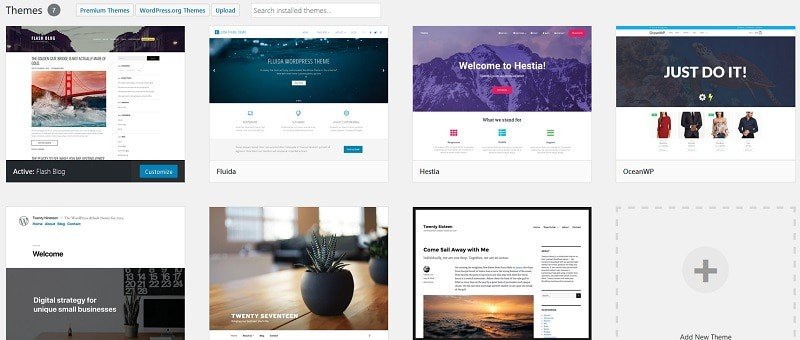When it comes to content management systems or CMS, WordPress is undoubtedly one of the most popular. With many people utilizing WordPress to create and power their websites, it’s no surprise that many like using it.

However, while WordPress offers numerous benefits, it may not be the ideal solution for every website. In this article, we will explore some compelling reasons why you might want to consider a WordPress alternative for your website needs.
Simplicity and Ease of Use
Although WordPress is known for its user-friendly interface, it can still be overwhelming for beginners or users who prefer a simpler website management experience. WordPress alternatives often offer streamlined interfaces and intuitive workflows, making it easier for users to create and maintain their websites without the need for extensive technical knowledge.
Performance and Speed
As WordPress has evolved over time and gained popularity, it has become more resource-intensive, potentially impacting website performance. With that said, your desktop might also be running resource-intensive programs like video editing software, 3D modeling/animation programs, AAA games for streaming, and so much more.
Some wordpress alternatives are designed to be lightweight and optimized for speed, resulting in faster page load times and improved overall performance. This is particularly beneficial for websites that require quick loading speeds, such as e-commerce stores or media-heavy sites. Other alternatives with lower spec requirements also go well with low-mid-level desktop users.
Customization and Flexibility
While WordPress provides a vast array of themes and plugins for customization, some users may require more extensive customization options or have specific design requirements that go beyond what WordPress can offer. Choosing an alternative CMS can provide greater flexibility and customization freedom, allowing you to tailor your website to your exact specifications.
Scalability and Performance Optimization
WordPress is undoubtedly a scalable CMS, but as websites grow in complexity and size, specific performance bottlenecks may arise. Alternative CMS platforms may be specifically built to handle larger websites more efficiently, offering advanced performance optimization features and scalability options to accommodate increased traffic and content.
Cost Considerations
While WordPress itself is free to use, additional costs can quickly accumulate when you consider themes, premium plugins, hosting, and ongoing maintenance. Some WordPress alternatives may offer more cost-effective solutions, either through lower upfront costs or bundled features that eliminate the need for additional paid extensions. Make sure to look for features that help with expenses if you’re considering alternatives for your new website.
Security and Vulnerability Concerns
As the most widely used CMS, WordPress is also a common target for hackers and malicious attacks. While WordPress has a dedicated security team and frequent updates to address vulnerabilities, some users may prefer a CMS with a smaller user base, reducing the likelihood of being targeted. By opting for an alternative, you may have added security benefits and peace of mind.
Community and Support
The WordPress community is undoubtedly vast and offers extensive support and resources. However, alternative CMS platforms also have their own dedicated communities and support networks. Depending on your specific needs and preferences, you may find that a different community aligns better with your goals or offers more personalized assistance.
Conclusion
WordPress undeniably remains a powerful and widely used CMS, catering to the needs of countless website owners. However, it’s important to recognize that it may not be the best fit for everyone.
By considering a WordPress alternative, you can find a CMS that aligns more closely with your specific requirements, whether it’s simplicity, performance, customization, security, scalability, cost-effectiveness, or community support. Ultimately, the decision of choosing a CMS should be based on careful evaluation and consideration of your website’s unique needs and goals.

